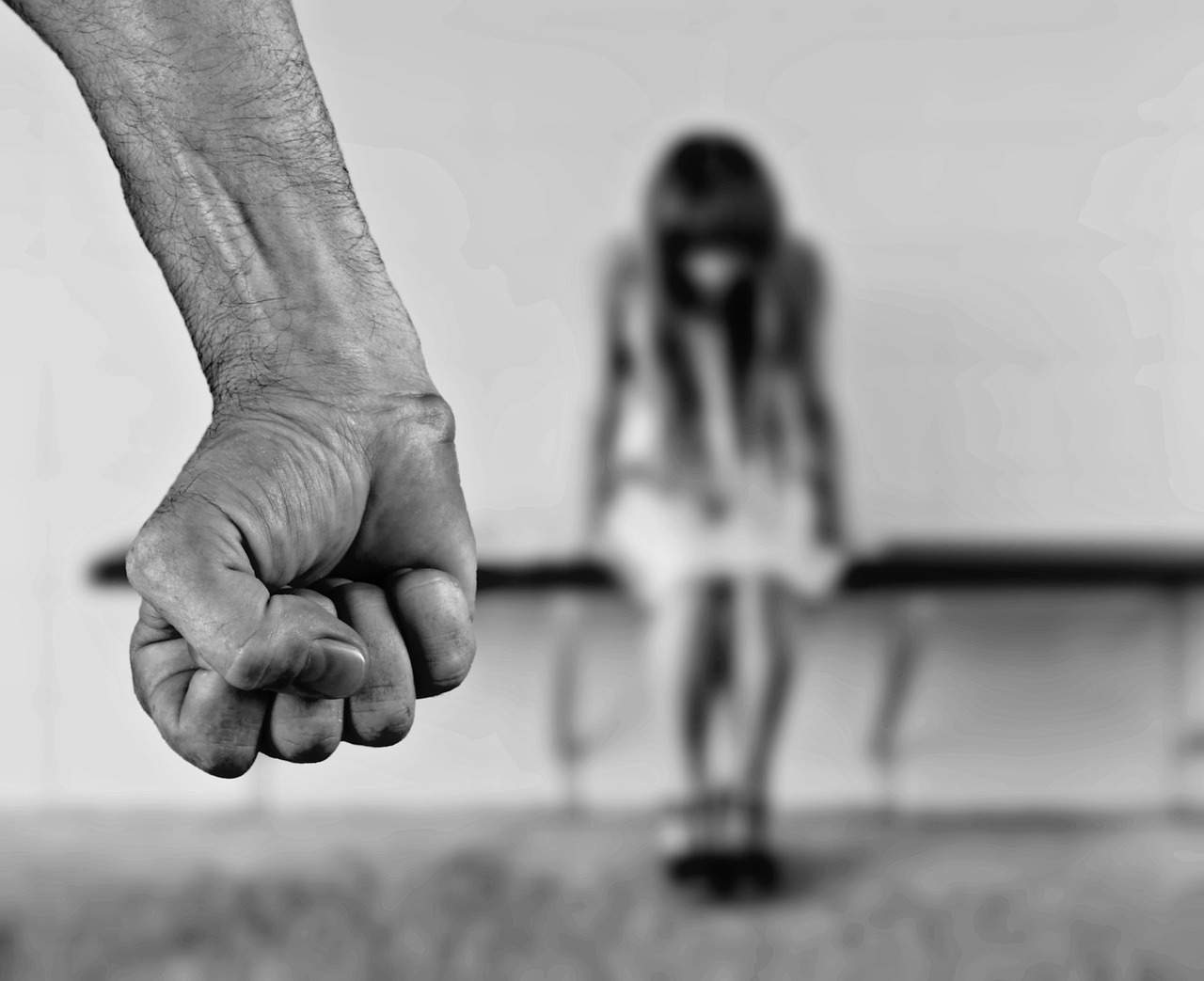Thousands of children are abused in Hungary

There may be ten to twenty-five times more victims of child abuse in Hungary than the study anticipated. Unfortunately, the pandemic only worsened the situation.
“One billion children are abused worldwide each year, and during the coronavirus epidemic, the number of these cases increased by 30 per cent, due to the confinement and existential crisis that increased the aggression that often befalls the child. We know of the families of 140 million children that have sunk into deep poverty because of the virus. Moreover, 463 million children did not have access to digital education at all,” said Antónia Mészáros, Executive Director of UNICEF Hungary, during the online press conference yesterday on the occasion of World Children’s Day, writes Népszava.
Regarding the situation of child abuse in Hungary, Viola Szlankó, UNICEF Hungary’s Child Rights Expert, said: the latency is huge, the multiplier varies in each estimate, but according to the official standpoint, there may be ten to twenty-five times as many cases of child abuse in Hungary as anticipated.
“Ten per cent of children are at risk in some way in the country, which means 170,000 children who are at risk for their physical/ spiritual/ mental health development.
Not all of them are involved in child abuse. Child protection services estimated the number of victims around 7-8,000 in 2019, but experts are also reluctant to give figures due to high latency. In addition, many people do not even understand the concept of emotional abuse, humiliation, and the undermining of one’s dignity. We recognise this in an adult-adult relationship, but in a child-adult relationship, it does not always work out,” says the child rights expert.
Regarding the operation and efficiency of the child protection system in Hungary, she noted: at the legal level, the system is excellent. The problem is not with legislation, but with its application. “Hungarian child protection professionals are very good, but there are still very few resources allocated by the current government to enforce the law,” she indicated.
- Man brutally abused his girlfriend on the streets of Budapest- VIDEO
- Aggressive father brutally abused his wife and minor children
Viola Szlankó also presented the international data at the press conference. It turned out that 91 per cent of children under the age of five live in countries where corporal punishment at home is not illegal. So far, only 60 countries have passed legislation banning all forms of corporal punishment within the family. 75 per cent of children aged between 2 to 4 are regularly disciplined by a parent or guardian with violence. More than a third of the students have already experienced school violence in the 13-15 age group, and with 9 out of 10 adolescent girls who have been sexually abused, the perpetrator happened to be a close relative.
UNICEF also drew attention to the fact that every 7 minutes, a child dies as a result of adolescent violence. The majority of deaths are the result of homicide; in 2017, 40,000 children became victims of murder.
To protect the interest of children and adolescents, the UN Convention on the Rights of the Child was adopted on the 20th of November, 31 years ago, to guarantee the fundamental rights of children in 196 countries around the world, and it is still the most widely accepted international human rights document. On the eve of the World Children’s Day, two dozen iconic buildings in nine Hungarian cities received blue decorative lighting, to remind us of the importance of children’s rights.
In November, UNICEF Hungary also aims to raise awareness of the shared responsibility of society through the “Recognise and Act Against It” campaign. Campaign posters are visible nationwide, and information on the different types of child abuse is provided on their website through a free online master class. It was also announced yesterday that the HelpAPP application has been further developed, noticing an increase in the dangers lurking for children. If a child is abused or is in danger, the child can call for help or send his/her GPS coordinates at the touch of a button. The HelpAPP mobile app helps you recognise, avoid, and deal with violent situations.
Source: Népszava

